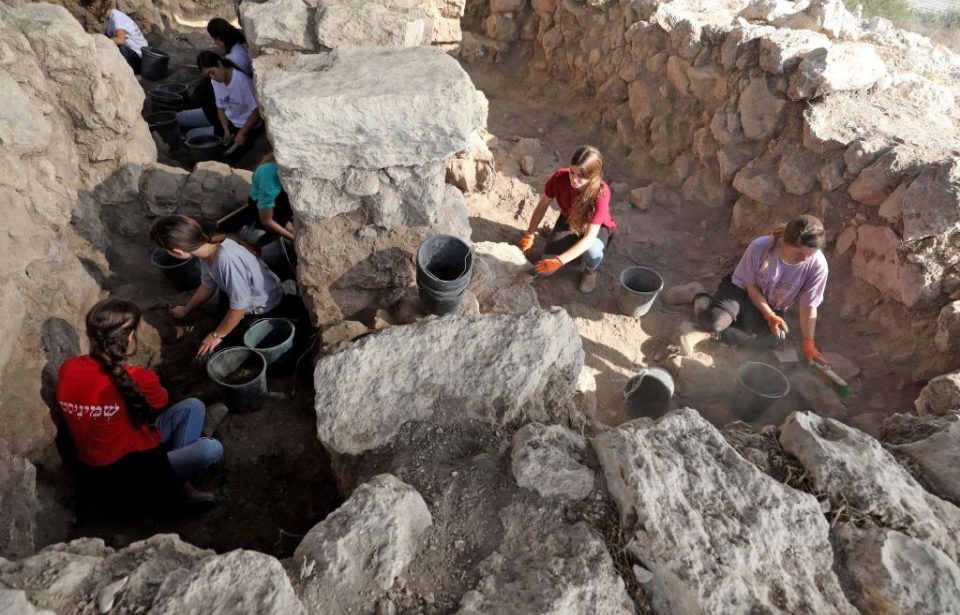The Israel Antiquities Authority has uncovered the remains of a Hellenistic fortress during an excavation of the Lachish Forest in the Judean Shephelah. The discovery is said to provide definitive evidence of a historic battle celebrated during the Jewish holiday of Hanukkah.
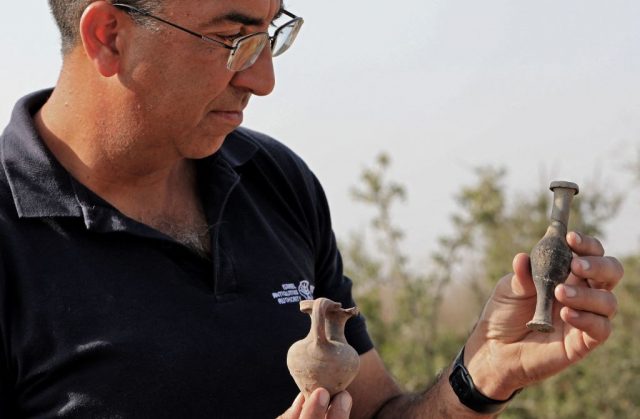
The location of the fortress is approximately 40 miles southwest of Jerusalem. It measures 15 meters by 15 meters and was built from boulders 3 meters thick, with an outer glacis (or slope) to prevent the wall from being scaled. The inside was divided into seven rooms, with a stairwell indicating there was once a second floor, which was at some point destroyed.
The fortress isn’t the only notable find. According to archaeologists, charred wooden beams, weapons and dozens of coins have been unearthed within the fortress, beneath a half a meter-thick destruction layer.
“Based on the finds and coins, the building’s destruction can be attributed to the Idumea led by the Hasmonean leader John Hyrcanus around 112 B.C.E,” said the archaeologists.
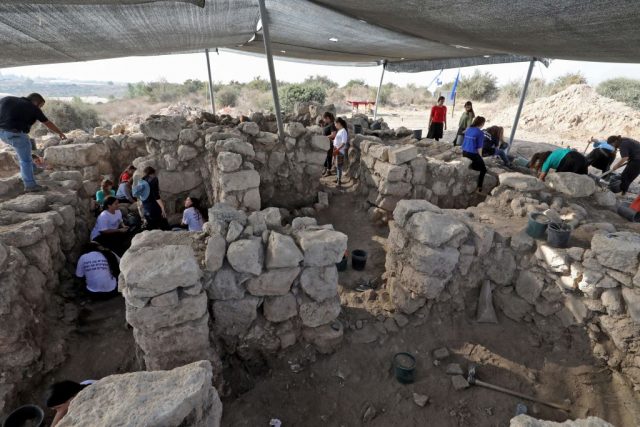
The discovery is said to be proof that a battle occurred between the Seleucids and the Hasmoneans 2,100 years ago, around the late-second century B.C.E.
The Hasmonean rebellion against Hellenistic power and the Seleucid dynasty began after the anti-Jewish decrees of Antiochus IV and led to the Hasmonean state’s southward expansion, as described in the writings of Josephus and the Books of the Maccabees. Also known as the Maccabean Revolt, it led to the capture of Jerusalem, the re-establishment of Jewish worship at the Temple and the Hasmonean dynasty, which existed until 67 B.C.E.
The events of the Maccabean Revolt – in particular, the victory of Hasmonean warriors against the Seleucids – are celebrated during the Festival of Lights, which occurs as part of Jewish Hanukkah celebrations. This year’s festival begins on November 28.
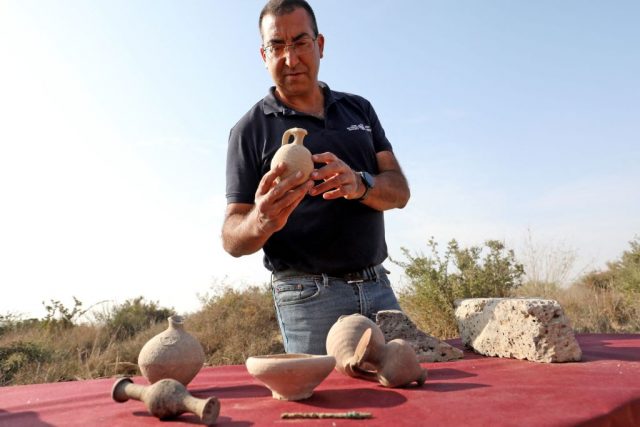
“The excavation provides tangible evidence of the Hanukkah story,” said Saar Ganor, Ahinoam Montagu and Vladik Lifshits, excavation directors on behalf of the Israel Antiquities Authority. “It appears that we have discovered a fortress, part of a fortified line erected by the Hellenistic army commanders, built to protect the large Hellenistic city of Maresha from Hasmonean offensive.
“However, the finds from the site show that the Seleucid defenses were unsuccessful, and the building was badly burnt by the Hasmonean forces.”
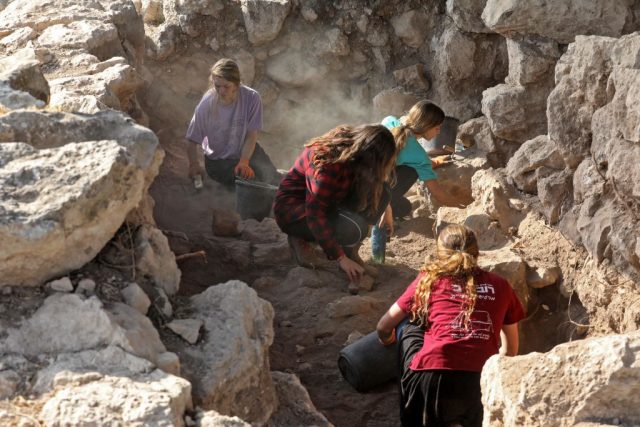
More from us: Underground Chambers full of Artifacts Found at Jerusalem’s Western Wall
Once the excavations are complete, the fortress will undergo conservation and will be opened to the public as part of the Jewish National Fund’s Kings of Judah Road project, which is currently under development.
